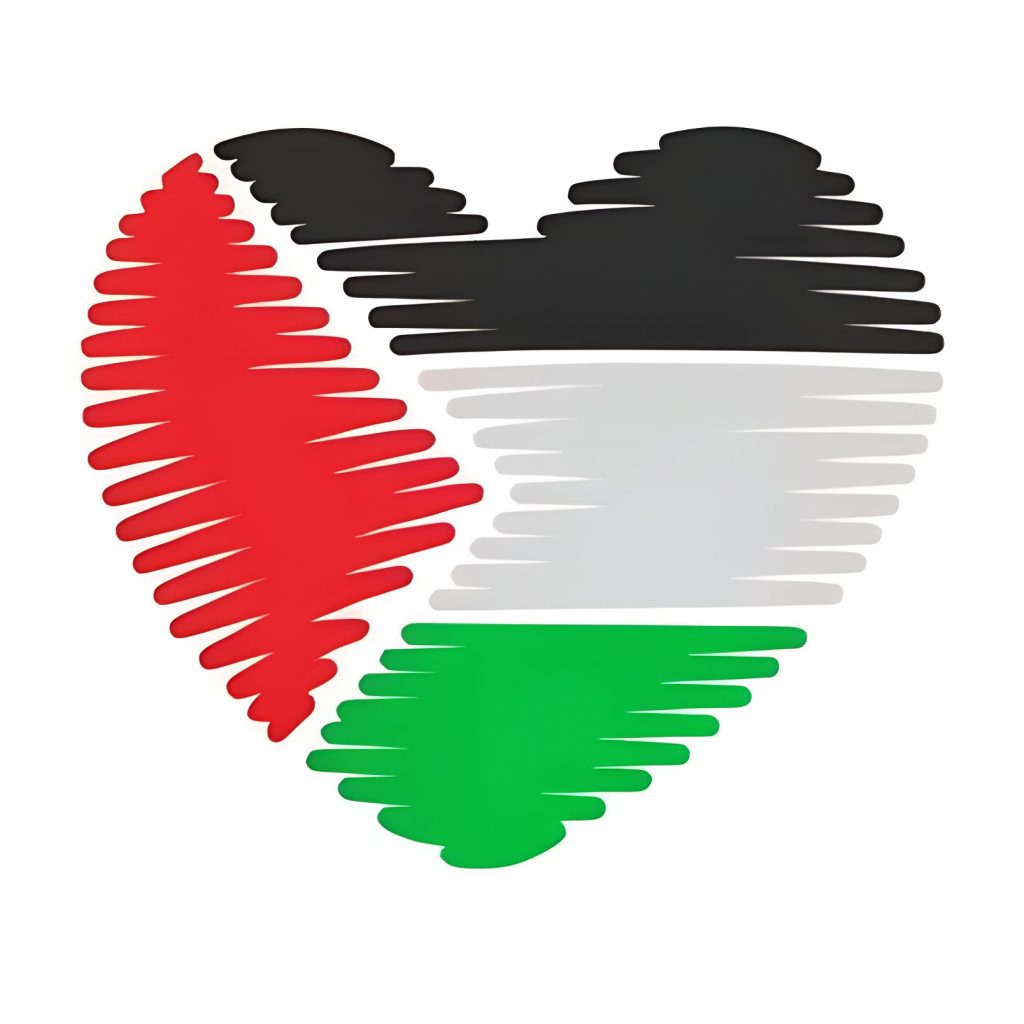The term „Occupied Palestine“ serves not only as a geographical label but also as a profound reflection of the historical, political, and human circumstances surrounding the Israeli-Palestinian conflict. To understand why Palestine is referred to as „occupied,“ one must delve into the historical context and the implications that accompany this designation.
Historical Context
The roots of the term can be traced back to the mid-20th century, particularly the aftermath of the 1948 Arab-Israeli War, known to Palestinians as the Nakba or „catastrophe.“ During this conflict, hundreds of thousands of Palestinians were displaced from their homes as the state of Israel was established. The resulting demographic changes and loss of land were catastrophic for the Palestinian population, leading to a struggle that continues to this day.
Further compounding this historical grievance is the Six-Day War in 1967, during which Israel captured the West Bank, Gaza Strip, and East Jerusalem. These territories are considered by many international bodies and governments to be occupied, a designation that reflects the lack of Palestinian sovereignty and self-determination in those regions.
Legal Framework
The term „occupation“ is not merely a subjective descriptor; it carries significant legal implications under international law. The Fourth Geneva Convention defines an occupying power’s responsibilities and the rights of the occupied population. According to this framework, territory is considered occupied when it is placed under the authority of a foreign military. The United Nations and various human rights organizations have characterized Israel’s control over the West Bank and Gaza as an occupation, citing violations of international law and human rights abuses against Palestinians.
Human Impact
Using the term „Occupied Palestine“ emphasizes the ongoing human impact of this prolonged conflict. For millions of Palestinians, the occupation encompasses daily realities of restricted movement, military checkpoints, and lack of access to resources. The humanitarian situation in these territories remains dire, with reports of poverty, unemployment, and a lack of basic services such as healthcare and education. By labeling areas as „occupied,“ the emphasis shifts from purely territorial disputes to the human cost of occupation, fostering a broader understanding of the plight faced by Palestinians.
Political Implications
The phrase is also significant politically. It acts as a rallying cry for many Palestinians and their supporters across the globe, symbolizing their quest for self-determination and statehood. This nomenclature supports international efforts aimed at advocating for Palestinian rights and sovereignty, urging the global community to recognize their struggle as legitimate and worthy of attention.
Conclusion
In conclusion, the designation of Palestine as „Occupied“ is grounded in a complex blend of historical grievances, legal definitions, human rights considerations, and political aspirations. As the conflict continues, understanding this term’s significance is crucial for cultivating informed dialogue and fostering a path toward a just and lasting resolution. Only through recognizing the multifaceted dimensions of the situation can meaningful discussions take place, paving the way for peace and understanding between Israelis and Palestinians alike.

